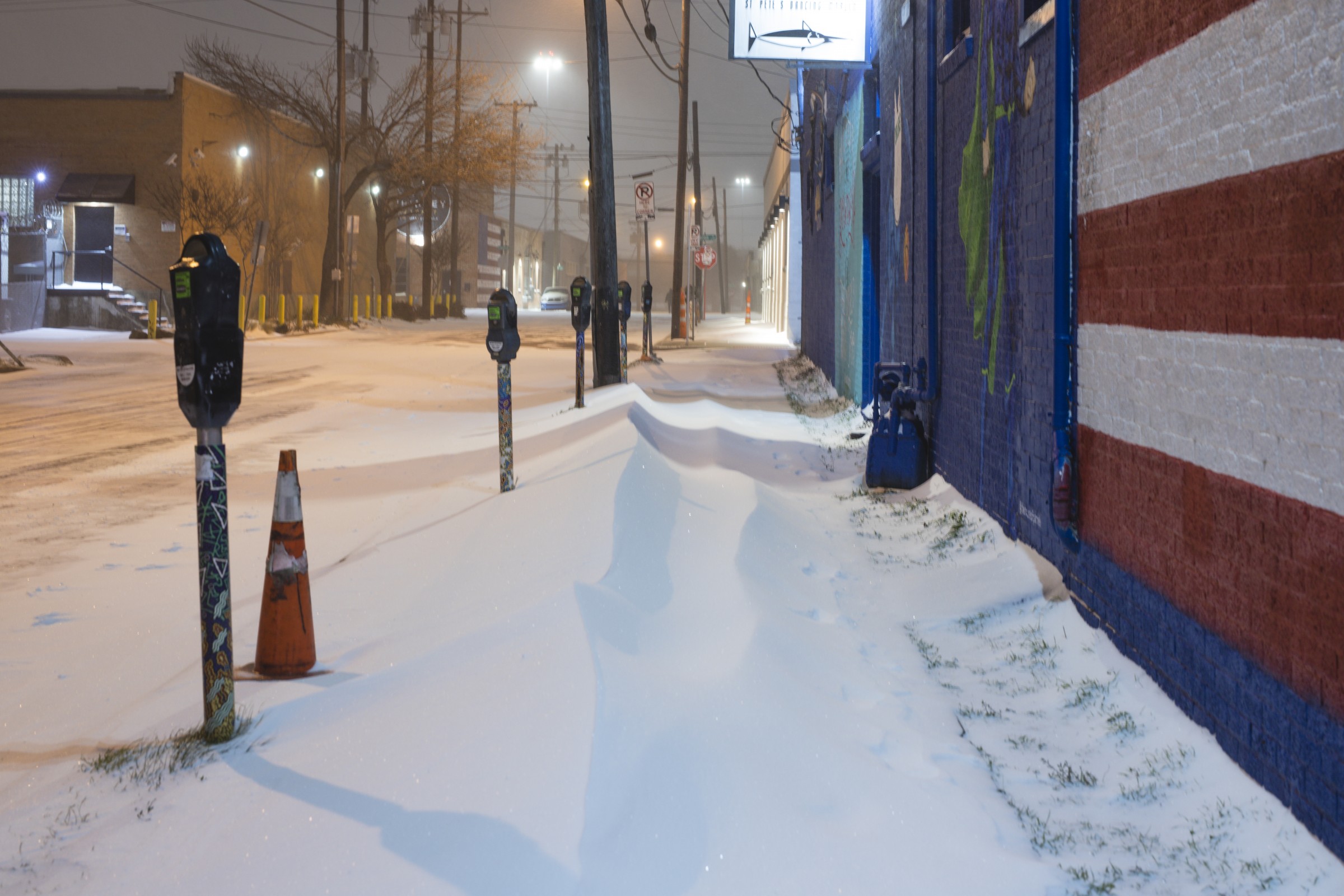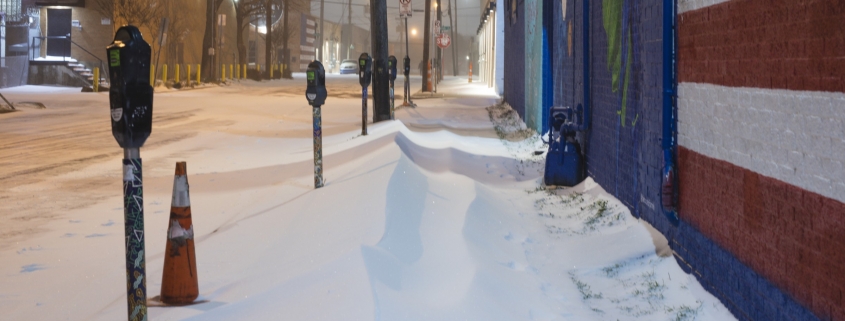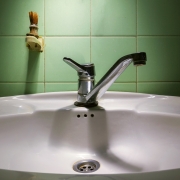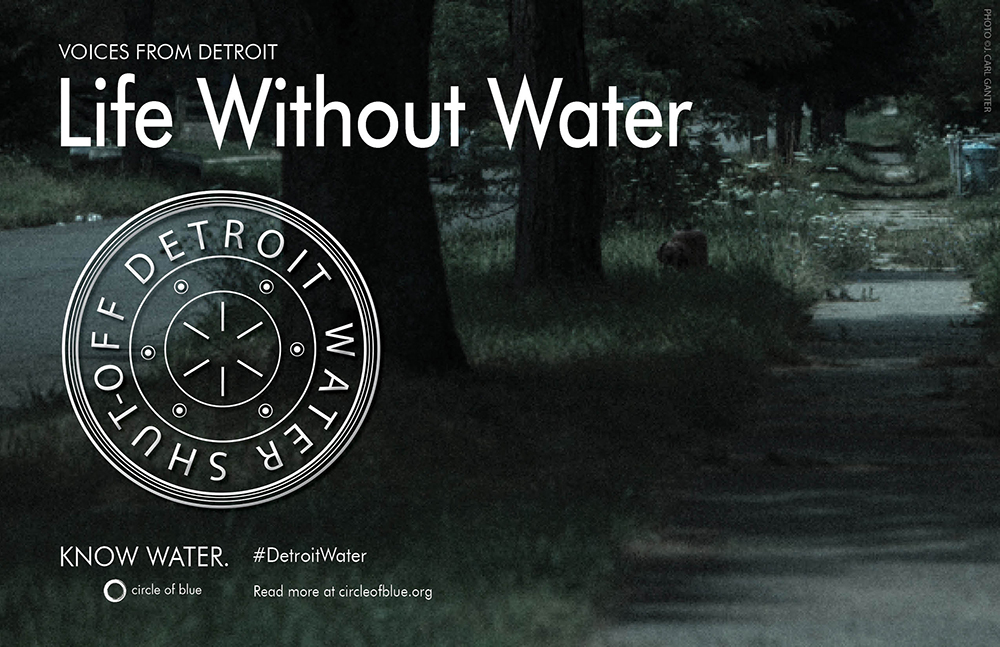Texas Winter Storm Cripples Power, Water Systems
Electric outages result in cuts to water service across the state.

The Deep Ellum neighborhood of Dallas was covered by snow on February 15, 2021. Photo Matthew T Rader, License CC-BY-SA
By Brett Walton, Circle of Blue
An unusually severe winter storm that caused rolling blackouts across Texas and left as many as 4.2 million people in the dark is also crippling the state’s water systems.
Residents in cities large and small are dealing with low water pressure, dry taps, and broken pipes. After water has been restored, residents are being told to boil their water before drinking it, even as many homes are without power.
The problems span the breadth of the state. As of Wednesday morning, more than 300 public water systems had reported disruptions in water or sewer service, according to the Texas Commission on Environmental Quality.
Three drinking water treatment plants that serve Abilene lost power on Monday night, resulting in water service being shut off to the entire city of 124,000 people. Power was restored to the three plants by Wednesday, but residents are being told to boil their water before drinking it. It is unclear whether Abilene had backup generators at the plants.
In Austin, officials asked residents of the state’s capital city to ease demands on the system by conserving water and not dripping water from faucets to keep pipes from freezing. But not everyone had water to conserve. At least a dozen people posted on the Austin Water Facebook page on Wednesday afternoon that they did not have water service in their neighborhoods.
Houston is also dealing with low water pressure and the city is under a boil-water notice. City officials are telling people who do not have power to use bottled water instead.
The failure of basic services began in the energy sector. Subfreezing temperatures across the state starting on Sunday night caused energy demand to soar. At the same time, energy supply was constrained because natural gas production seized up in the cold weather, wind turbines froze, and coal and natural gas generating units went offline. Texas, which has an electrical grid that operates independently from the rest of the country, had nowhere else to turn for imports. The state was, by design, on its own.
The services contagion soon spread to water and sewer systems, which need electricity to operate their pumps and treatment works.
Security experts have warned for years about the risks of electrical grid failures for the nation’s infrastructure.
A 2016 report from a Department of Homeland Security advisory council noted that power failure is one of the biggest risks for the water sector. The duration and magnitude of a power outage and the size of a utility will determine the consequences.
“Long-term power outages can overwhelm a water utility’s backup energy supply or deplete fuel reserves,” the report stated. “This scenario is worsened if the outage is systemic, in that multiple energy utilities in a region are shut down or multiple water utilities in a region have to compete for scarce backup resources.”
Systemic is the case in Texas, where the entire grid has buckled.
Brett writes about agriculture, energy, infrastructure, and the politics and economics of water in the United States. He also writes the Federal Water Tap, Circle of Blue’s weekly digest of U.S. government water news. He is the winner of two Society of Environmental Journalists reporting awards, one of the top honors in American environmental journalism: first place for explanatory reporting for a series on septic system pollution in the United States(2016) and third place for beat reporting in a small market (2014). He received the Sierra Club’s Distinguished Service Award in 2018. Brett lives in Seattle, where he hikes the mountains and bakes pies. Contact Brett Walton










Leave a Reply
Want to join the discussion?Feel free to contribute!